There are various OpenAI alternatives on the market that you can choose according to your needs.
As you step into the world of artificial intelligence, OpenAI has certainly made a name for itself, particularly with its GPT models.
However, you’re not limited to a single provider when it comes to AI services.
The landscape of AI technology is diverse, offering a range of platforms that may suit your specific needs.
Whether it’s for natural language processing, machine learning tasks, or creating an AI-powered chatbot, several alternatives to OpenAI promise to deliver robust functionalities and unique features.
Venturing beyond OpenAI, you’ll find platforms like ChatGPT, Humanloop, Claude 2, Lemonfox.ai, and UncovAI, each bringing their own strengths to the table.
For instance, you might prefer a platform that integrates better with your existing workflow, offers more customization, or one that perhaps aligns more closely with your privacy policies or ethical considerations.
The AI ecosystem is continuously evolving, which means newer and potentially more advanced alternatives are emerging.
So, as you explore these options, consider your needs carefully and stay informed about what each platform offers.
This ensures that you choose an AI service that not only compliments the applications you’re working on but also adds significant value to your projects.
Overview of OpenAI Alternatives
When exploring alternative platforms to OpenAI, you’ll find a diverse landscape with options that offer specialized features and capabilities.
Comparative Analysis
Google’s AI Platform: Offers cloud-based machine learning services with a suite of pre-trained models, a no-code AutoML interface, and deep learning VM images.
One key aspect is its pay-as-you-go model along with a free tier to get you started.
MidJourney: A unique text-to-image generator renowned for its compelling results.
It marks its difference as a specialized alternative to OpenAI’s DALL-E.
| Alternative | Key Feature | Pricing Model | Specialization |
|---|---|---|---|
| Google AI | Pre-trained models, AutoML | Pay-as-you-go with free tier | General AI tools and services |
| MidJourney | Text-to-image generation | Subscription-based | Creative AI applications |
Category Breakdown
In your pursuit of OpenAI alternatives, you might categorize options based on their specialization:
- General AI Services: Such as Google’s AI Platform, which offers a broad range of machine learning tools and pre-trained models suitable for various applications.
- Creative AI Tools: Like MidJourney, providing AI-driven creative outputs specifically in visual arts.
Leading Competitors
When exploring the landscape of AI technology providers, you’ll find a few standout companies offering advanced alternatives to OpenAI.
These competitors are known for their innovation and contributions to the field of artificial intelligence.
1. DeepMind
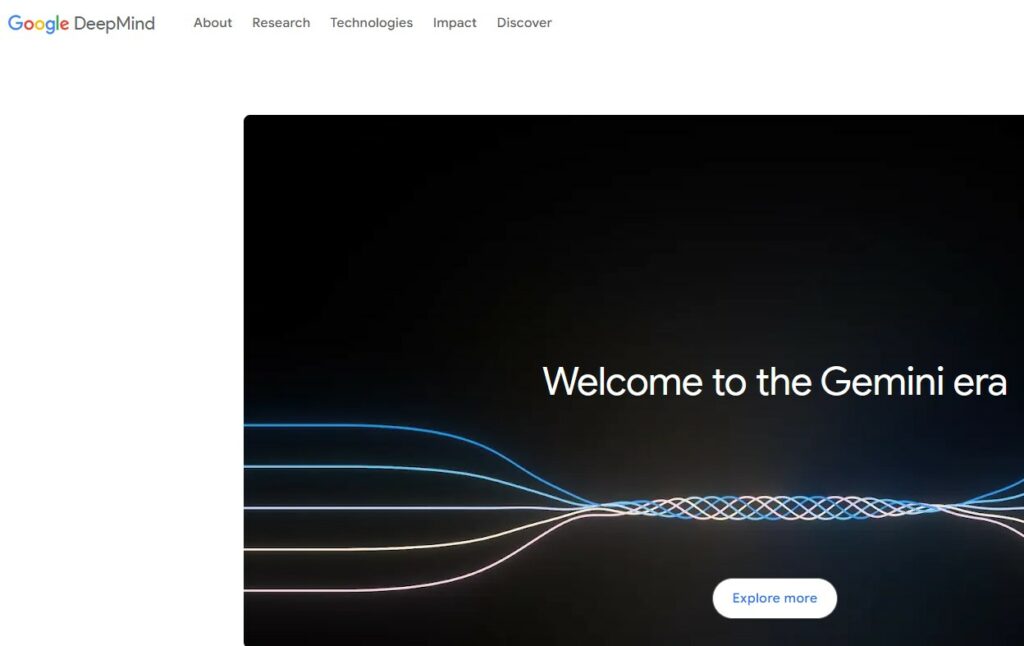
DeepMind, a subsidiary of Alphabet Inc., is renowned for its work on AI for various applications, including the famous program AlphaGo.
DeepMind’s technology focuses on neural networks that mimic the human brain, aiming to develop systems that can learn and adapt.
2. IBM Watson
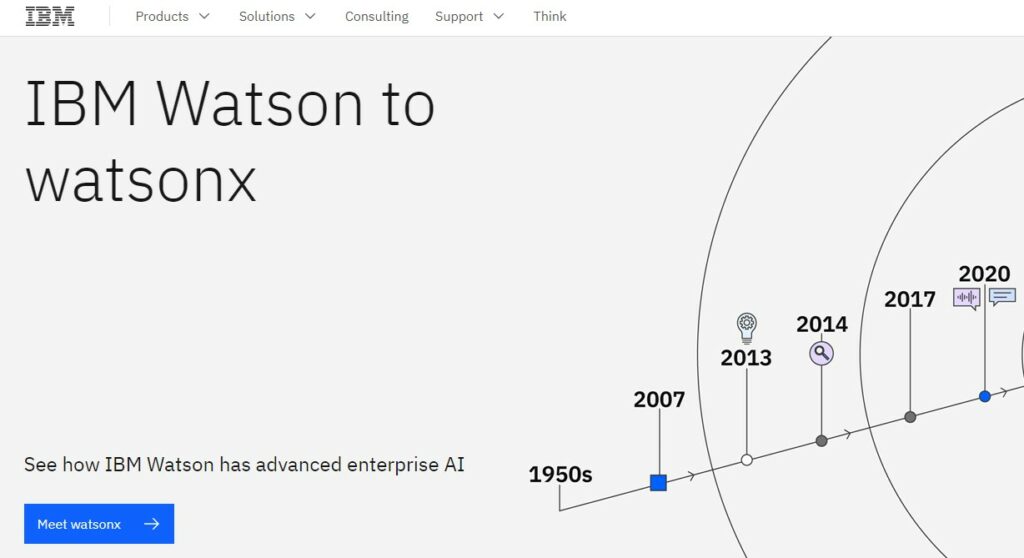
IBM Watson stands as a pillar in the realm of cognitive computing.
It offers a suite of AI tools and applications capable of processing natural language and analyzing vast quantities of unstructured data.
Watson has been applied in diverse areas like healthcare, finance, and customer service.
3. Microsoft Azure AI Services
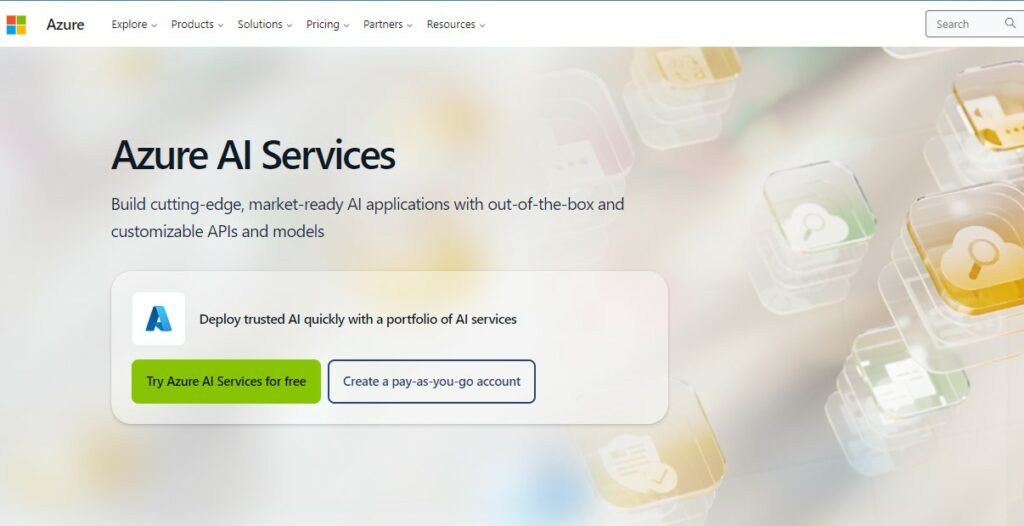
Your journey to finding OpenAI alternatives will inevitably bring you to Microsoft Azure AI Services.
This suite by Microsoft features a range of APIs and services, including computer vision, language, and decision-making capabilities, designed to help developers infuse their applications with intelligent algorithms easily.
Open Source Alternatives
Exploring open-source alternatives to proprietary AI solutions can offer you more flexibility and control over your AI projects.
Here are some noteworthy frameworks that have been at the forefront of AI research and development.
4. TensorFlow
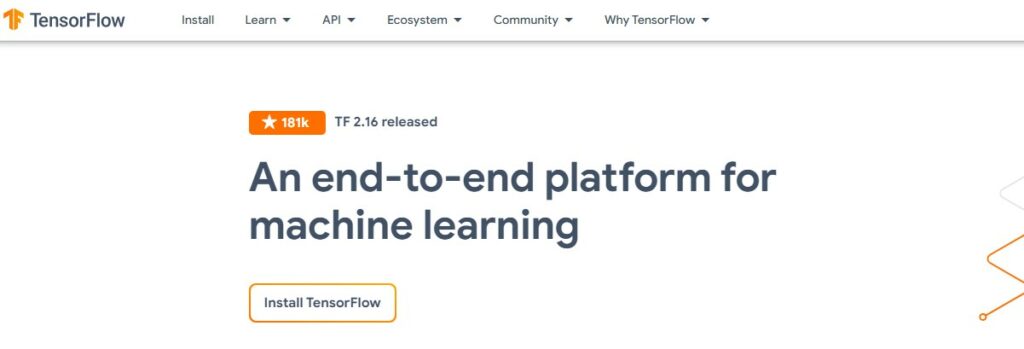
TensorFlow, developed by the Google Brain team, is a robust open-source library for numerical computation and machine learning.
TensorFlow’s flexible architecture allows you to deploy computation across various platforms, from servers to edge devices, while its extensive community provides valuable resources and support.
- Portability: TensorFlow runs on CPUs, GPUs, and TPUs, making your models highly adaptable.
- Tools: Enjoy a rich set of tools like TensorBoard for visualization and TensorFlow Extended for end-to-end ML pipelines.
5. PyTorch
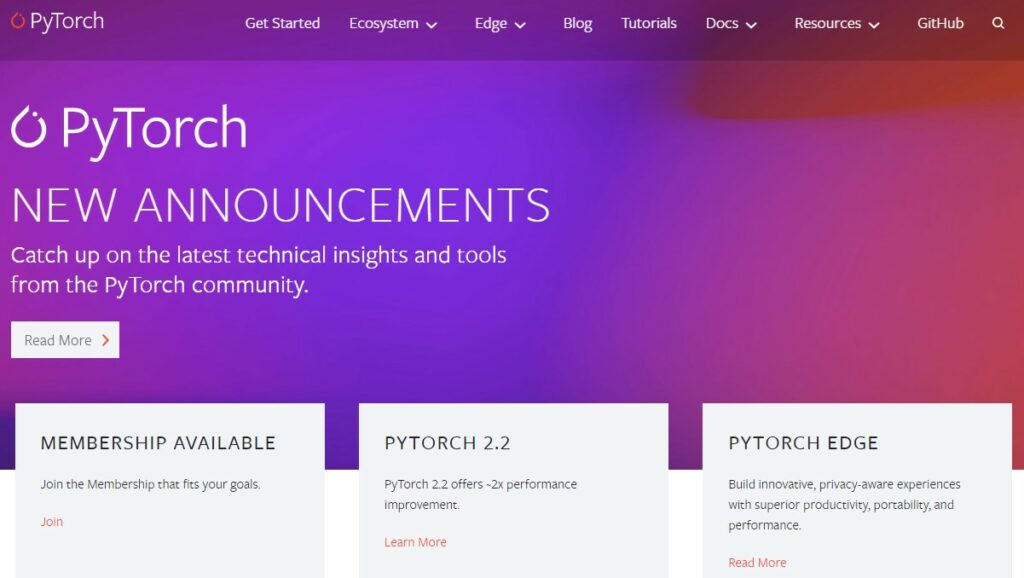
PyTorch, initiated by Facebook’s AI Research lab, stands out for its user-friendly interface and dynamic computational graph.
It is particularly favored for rapid prototyping in research due to its ease of use and excellent support for deep learning.
- Dynamic Graph: Allows for flexible model architectures by modifying the graph on the go.
- Ecosystem: With tools like TorchVision and TorchText, you have ready-to-use datasets and pre-trained models at your disposal.
6. Scikit-learn
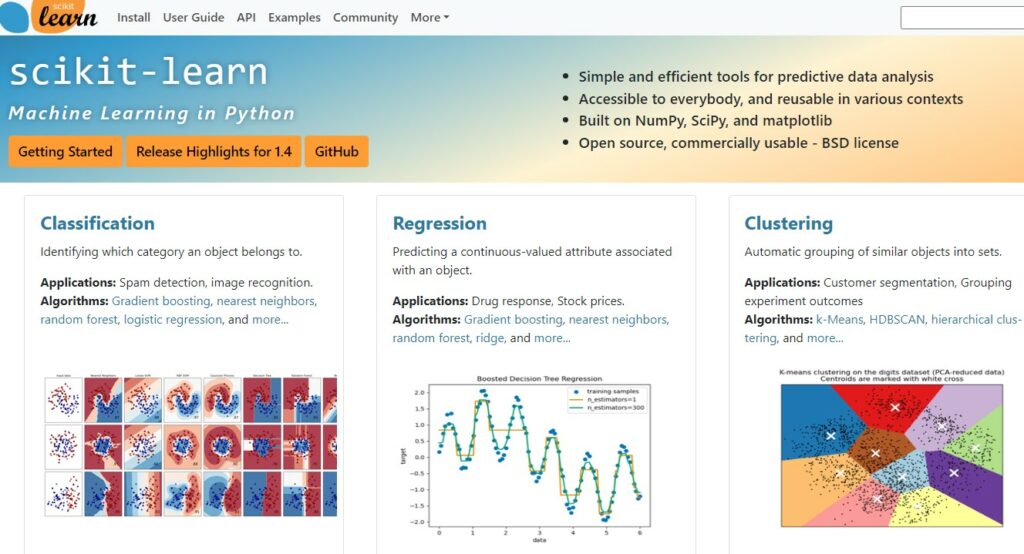
Scikit-learn is a popular and lightweight library for machine learning in Python.
It’s best suited for traditional machine learning algorithms and is highly efficient for data mining and data analysis.
- Simplicity: Known for its straightforward API, it’s a great start for newcomers.
- Algorithms: Provides a wide array of supervised and unsupervised learning algorithms.
Specialized AI Services
Navigating the landscape of AI, you’ll discover specialized services that cater to niche needs with advanced capabilities.
Let’s explore what some of the notable platforms offer.
7. Hugging Face
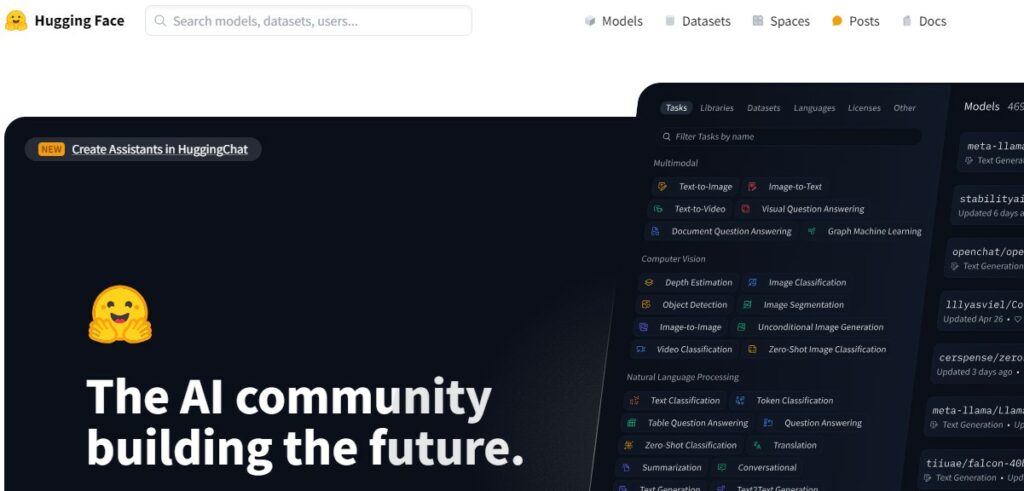
Hugging Face is your go-to for cutting-edge natural language processing (NLP).
It’s a community-driven platform where you can access pre-trained models or train your own.
With usability in mind, Hugging Face’s Transformers library stands out for its ease of implementation across various language tasks.
8. BigML
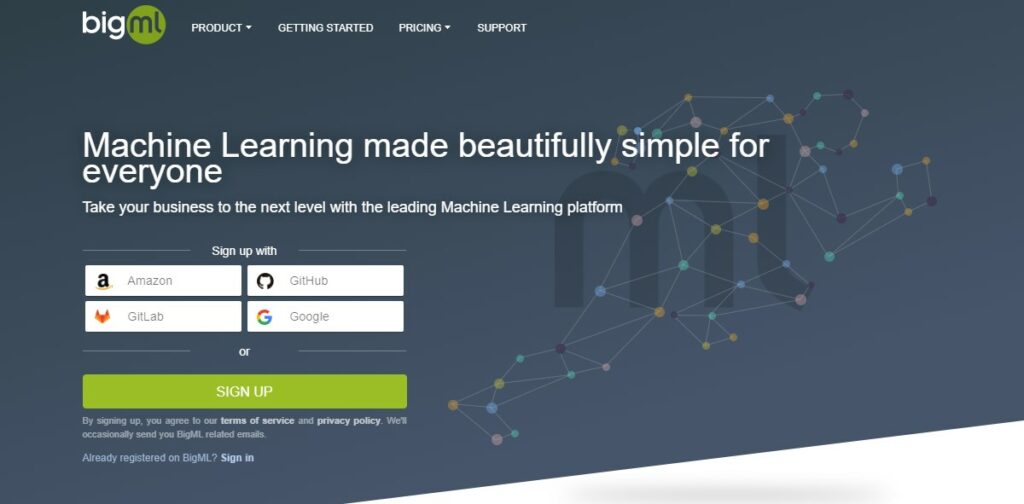
If your interests are predictive analytics and machine learning, BigML is your ally.
BigML provides a comprehensive environment for processing datasets, creating predictive models, and visually interpreting results which makes your journey from data to insights smooth and manageable.
9. RapidMiner
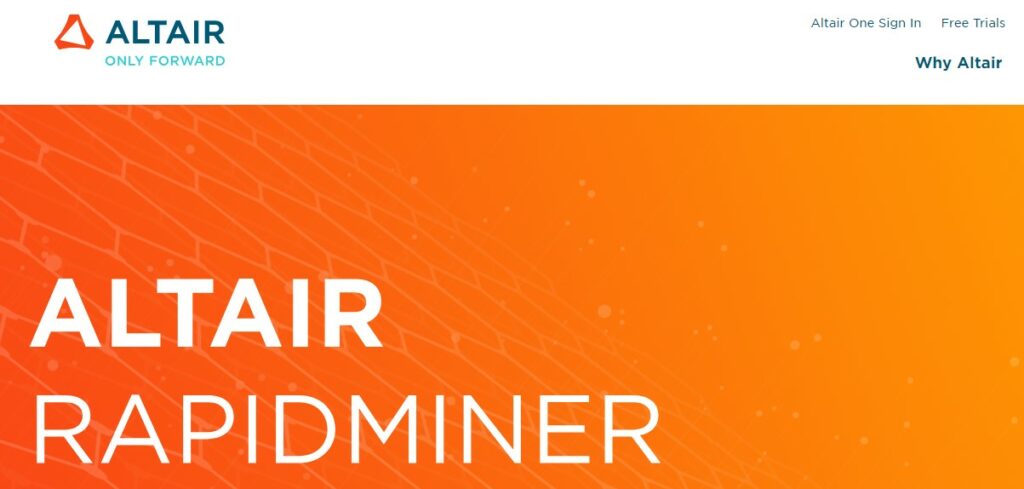
With RapidMiner, you’re equipped to handle data science projects from start to finish.
RapidMiner is especially useful in data preparation, model building, and deployment.
Their platform offers an intuitive GUI, making complex data science workflows accessible to you without extensive coding experience.
AI Research Organizations
In your search for OpenAI alternatives, you’ll find that there are reputable research organizations focusing on AI.
These institutions are dedicated to advancing the field, each with their own unique contributions.
10. Allen Institute for AI
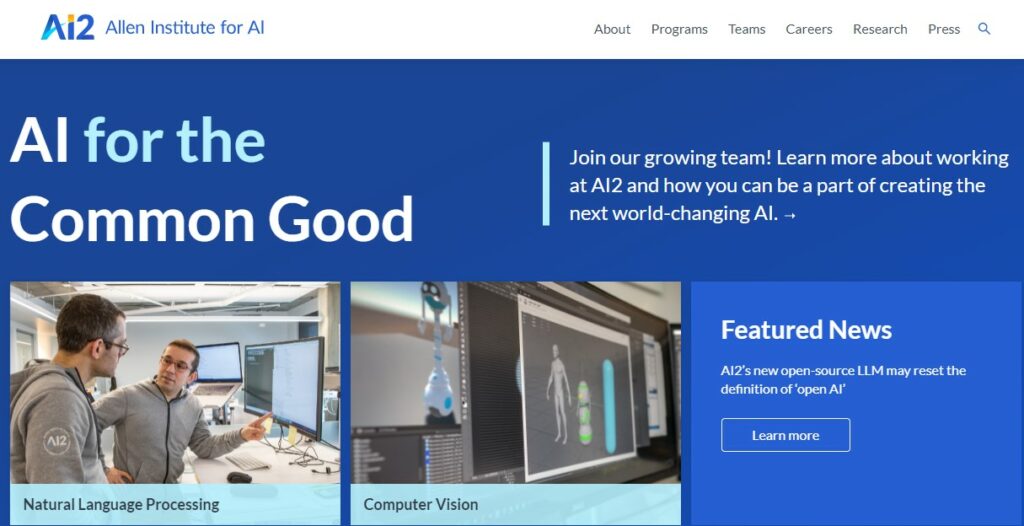
The Allen Institute for AI (AI2), founded in 2014 by Paul Allen, is committed to contributing to humanity through high-impact AI research.
Their projects often target the common good, aiming for breakthroughs in both foundational and applied AI.
11. Montreal Institute for Learning Algorithms
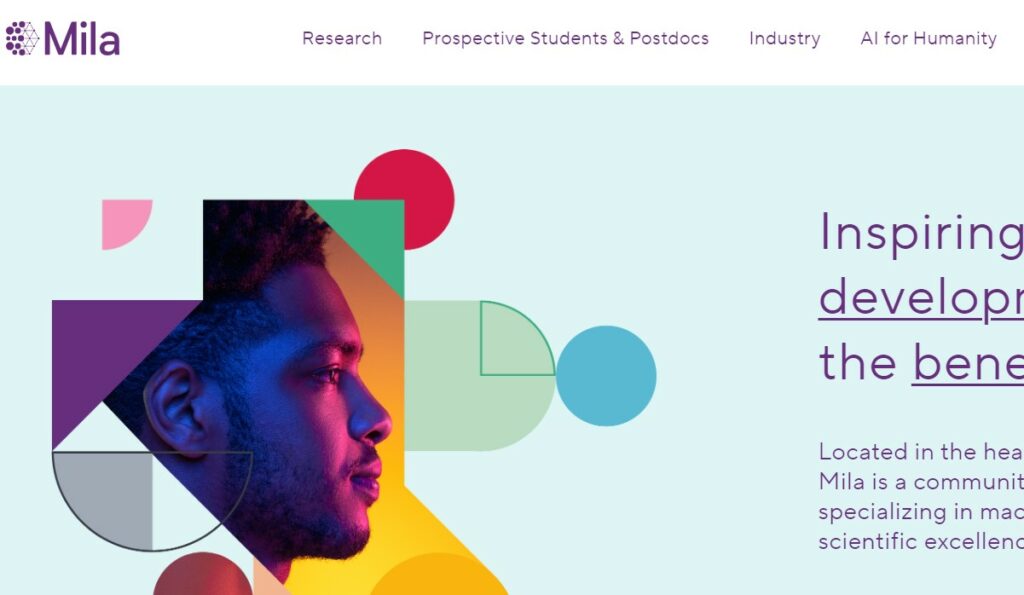
The Montreal Institute for Learning Algorithms (MILA) combines the efforts of researchers focused on deep learning, reinforcement learning, and other AI methodologies.
This institution is known for fostering collaboration and innovation, playing a significant role in the AI research community.
Key Takeaways
When considering alternatives to OpenAI, you have several options that can cater to different needs and preferences.
Here are the most important points to keep in mind:
Diversity of Tools: You’ll find a variety of AI platforms offering functionalities similar to OpenAI.
These include large tech companies’ solutions such as Google’s cloud-based AI services.
Google’s services feature machine learning tools and pre-trained models.
Flexibility and Cost: Some alternatives might offer faster processing and lower costs, particularly for specific tasks like sentence auto-completion or large-scale article generation.This can be essential for budget-conscious projects or enterprises.
Customization: If you need a more tailored solution, many OpenAI competitors provide customizable models.
This means you can fine-tune the AI to better suit your unique applications.
Open-Source Benefits: Open-source models allow you the freedom to modify the codebase.
Embracing open-source solutions can offer cost savings and reduced dependency on proprietary software.
Here’s a quick comparison that might help:
| Feature | OpenAI | Alternatives |
|---|---|---|
| Cost | Pay-as-you-go | Often lower |
| Customization | Limited | Higher |
| Speed | Standard | Can be faster |
| Tools | Comprehensive | Varies |

